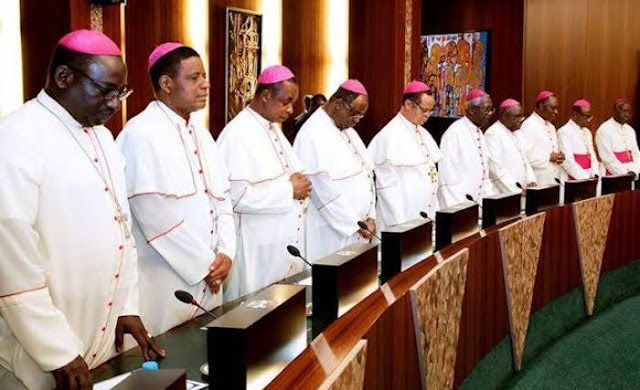CC™ PersPective
By Oladipupo Mojeed
Nearly 200 Christians were brutally killed in Nigeria within a week, sparking outrage among Catholic leaders who are now calling for urgent action to stop what they describe as an “endless ocean of blood.”
Bishop Matthew Hassan Kukah of Sokoto, a leading voice in Nigeria’s Catholic community, condemned the latest wave of violence after the Palm Sunday massacre in Zikke village, Plateau State, where at least 56 Christians were murdered by armed Fulani militants.
Kukah said: “This is another tributary of blood. Flowing into an invisible ocean of blood that now threatens to swallow the Plateau.”
The massacre in Zikke was just one in a series of coordinated attacks.
According to reports, five other predominantly Christian villages near Jos were also attacked, with over 50 additional lives lost.
Victims, including women and children, were burned in their homes. Survivors described harrowing scenes of destruction, the air still thick with the smell of smoke and death.
“This is Nigeria — no amount of blood is ever enough to make us pause,” Kukah added.
Catholic leaders argue that the Nigerian government’s response to terrorism and armed herdsmen has been grossly inadequate.
They cite growing impunity, ethnic bias, and an unwillingness to classify Fulani militias as terrorist groups.
Over the past decade, more than 20,000 Christians have reportedly been killed, primarily in the country’s Middle Belt and southeast.
Critics accuse the government of allowing these armed groups to operate freely, even as Christian communities are denied the right to self-defence.
Archbishop Ignatius Kaigama of Abuja echoed the call for communities to defend themselves in the absence of state protection.
He said: “You can’t just sit there while somebody comes to kill your family. You must rise up and protect your communities against these bloodthirsty criminals.”
Catholic leaders are now urging the international community—including the United States and the European Union—to designate Nigeria as a country of particular concern and to classify the Fulani extremist groups as terrorist organizations.
“This is no longer just a Nigerian problem. It is a moral crisis the world can no longer afford to ignore,” Kukah warned.
POLITICS NIGERIA











